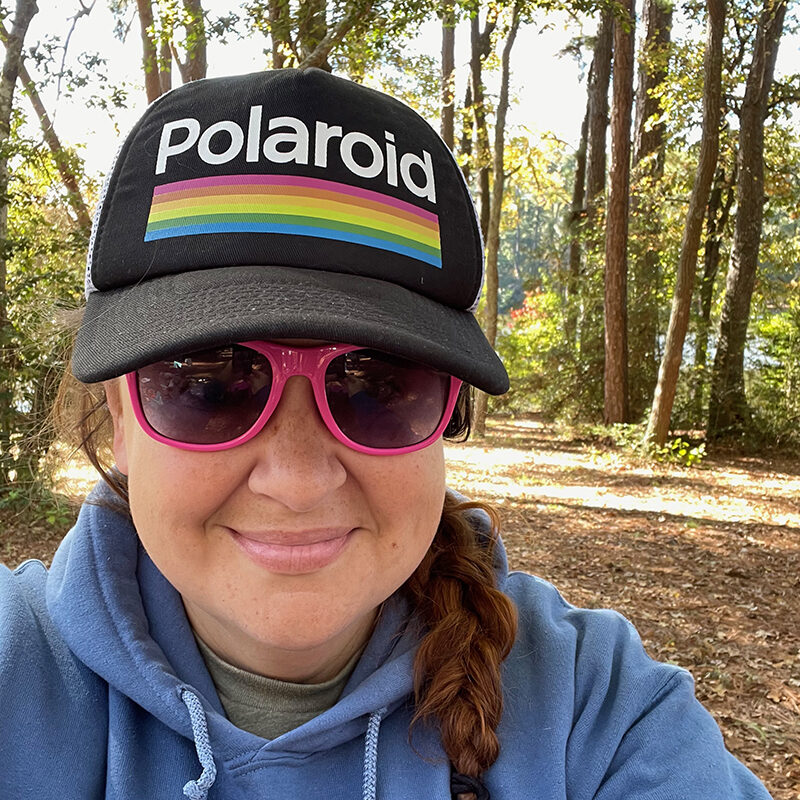What You Need to Know About Centennial Parks Conservation Fund – Proposition 14
On November 7th Texans statewide will have the opportunity to support a Constitutional Amendment (Proposition 14) to create the Centennial Parks Conservation Fund. Our state parks have been historically underfunded and this is a huge bipartisan measure to fund and grow our parks systems. We wanted to provide all the details about this proposition and what it could mean for Texas parks.

What is the Centennial Parks Conservation Fund
The $1 billion Fund will allow the Texas Parks & Wildlife Department to buy land from willing sellers when unique properties that would make for beautiful State Parks become available. The fund also allows for the development of these new State Parks.
Where Does the Money Come From?
This $1 billion fund will help secure new parks for future generations of Texans to explore and enjoy without increasing taxes. Texas had a historic surplus this year. The funds for Prop 14 are currently in the general revenue fund. The passing of the Centennial Parks Conservation Fund will earmark $1 billion of the surplus for parks.
How Will the Money Be Spent?
If approved, Texas Parks and Wildlife Department (TPWD) would administer the fund. It would empower them to purchase sites for new parks and develop new parks without legislative approval. The $1 billion will earn interest and the law allows TPWD to tap into the interest as well as the initial $1 billion. The interest alone could potentially earn $50 million a year, which TPWD could do a lot with. The law provides flexibility to spend more of the fund when opportunities arise.
It's important to note, TPWD has an evaluation process for land acquisition projects. They will generally evaluate each opportunity by strategic location, size, natural resource values, public recreation opportunities, and more. TPWD always undertakes a public process as part of any land acquisition and the Centennial Fund will do so as well.
What Is The Difference Betwee Prop 5 In 2019 And Prop 14 On The 2023 Ballot?
In 2019, Texans overwhelmingly supported Proposition 5, a permanent dedication of the Sporting Goods Sales Tax to fund ongoing operations of the Texas Parks & Wildlife Department. Thos funds help support the ongoing maintenance, staffing and upkeep of our existing park system.
The Centennial Parks Conservation Fund is focused on the future. It would be dedicated solely to purchasing and improving land for new parks to add to the system for the next generation of Texas families to enjoy.
Why is Prop 14 Important?
Investing in parks conserves land and water resources, which protects Texas’ quality of life so future generations can enjoy our land, water, and natural beauty the way we do. Texas State Parks attract nearly 10 million visitors annually, and the current supply of State Parks can’t keep up with the demand of our increasing population. With the rapid growth of Texas, we must protect Texas’ last remaining natural areas today so that they won’t be lost forever to development.
Who Supports Prop 14?
Texas lawmakers passed legislation to put Prop 14 on the ballot with overwhelming bipartisan support. In a poll this summer, 77% of Texas voters said they would support the constitutional amendment. The Texas Coalition for State Parks, who is helping to get the word out about the proposition, is backed by nearly 90 organizations across the state.
As our members frequent many of the Texas State Parks, we at Houston Women's Hiking also support prop 14.

Share this post on Pinterest!


Christina (Chris) Sizemore
Chris is a Houston Women's Hiking admin, writer, artist, marketing consultant, and podcaster. She loves camping, stand up paddle boarding and exploring Texas State Parks with her family.

This sounds like a winner to me.
Your article is helpful, timely and very informative.
What is the process for developing new State Parks? Does it involve community engagement and/or approval before moving forward?
Do you have any information on the Emancipation National Historic Trail from Galveston to Houston? Congress is supposed to finalize the bill in late December 2023.
Are local neighborhood community parks in the City of Houston part of the Texas Parks system?
Can the State or a City like Houston declare eminent domain to establish new parks in the public’s best interest for future generations?
I know that I have asked a mouth full of questions but there are a lot of moving parts where I live, and some of us can’t get any straightforward answers.
Any information will be greatly appreciated.
I addressed the process for establishing new state parks a bit in the article. TPWD handles this, and there is community involvement. It’s also important to note 15 state parks are actually leased by the state, Texas does not own the land. Some of these are leased from the Army Corps of Engineers, others from counties or municipalities. There are a few that are leased from corporate owners.
I don’t have info on the Emancipation National Historic Trail, but I will definitely be looking into this.
Neighborhood parks are not within the Texas State Park System. These parks are often run by the city, county, precinct, MUD district, and sometimes neighborhoods or other municipalities. You can usually find out who manages the park with a google search.
I am unaware of cities using eminent domain to establish new parks. Parks and Wildlife Code (section 21.103) authorizes TPWD to acquire park sites through condemnation with payment of fair market value compensation to the landowner. Currently TPWD is in the process of using eminent domain to reclaim leased land that was sold to a developer that was a state park for 50+ years (Fairfield Lake State Park). However, it is important to note that the state/TPWD limited itself in a Policy Limiting the Use of Eminent Domain for Parks; TPWD will not use eminent domain to condemn residences, farms or ranches.
I hope I helped answer some questions.